What Is the Gut Microbiome? And Why Should We Care About It?
The gut is a biological niche, home to a diverse array of microbes that influence nearly all aspects of human biology through their interactions with our bodies. The term gut …
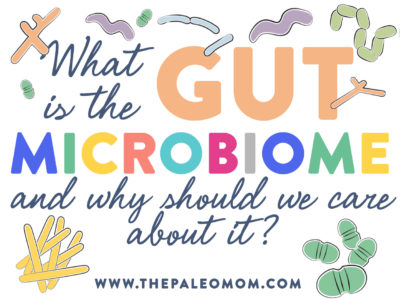
The gut is a biological niche, home to a diverse array of microbes that influence nearly all aspects of human biology through their interactions with our bodies. The term gut …
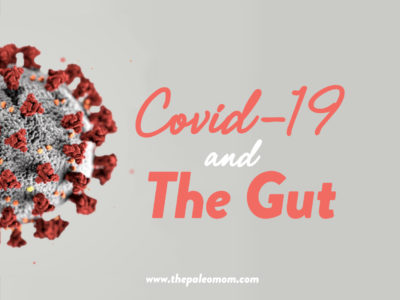
Although there’s still plenty we don’t know about preventing and treating covid-19, one topic that we should be paying close attention to is the gut microbiome. Research is …

Glutamine is the most abundant amino acid in our body, and it also plays a major role in the health and function of the gut. In fact, ample research shows that glutamine influences …

Nutrient sufficiency is arguably the most important quality of any dietary approach, meaning we choose whole foods with the goal of consuming adequate quantities of all essential …

Staying hydrated is essential for kidney health and helps optimize digestion, neurological function, circulation, body temperature regulation, and muscle contraction (see The Paleo …
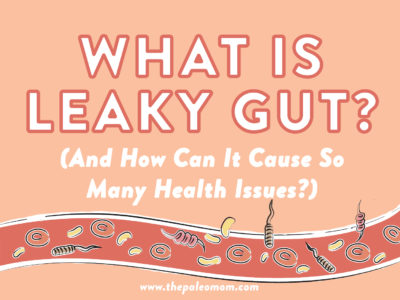
One of the fundamental principles of the Paleo diet is avoiding foods that damage the lining of the gut, contributing to “leaky gut”. Is this just the latest …
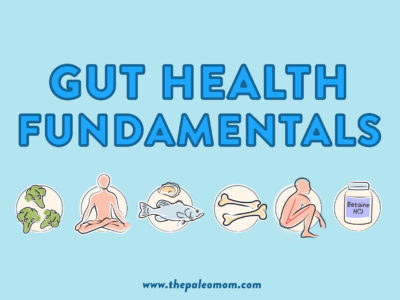
Poor gut health has been linked to conditions as wide-ranging as cancer, obesity and other metabolic problems, heart disease, anxiety, depression, autism, autoimmunity, ulcers, …
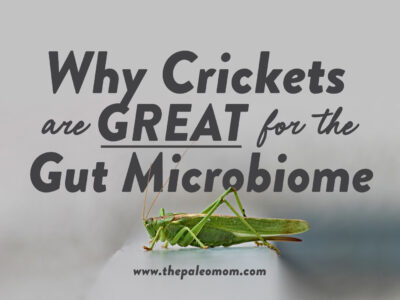
Maybe you’ve already heard that there’s a new kid (err, insect) on the block when it comes to awesome protein sources: crickets! Along with being an incredibly sustainable food …
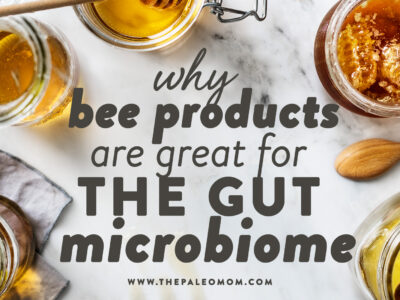
Nearly everyone has heard of (and tasted!) honey, but did you know that a number of other bee products also have proven health benefits? It’s true! While honey definitely deserves …

Just because a diet is popular does not mean that it lives up to its claims nor does it mean that it’s safe! Case in point: ketogenic diets. I have been a loud voice of …
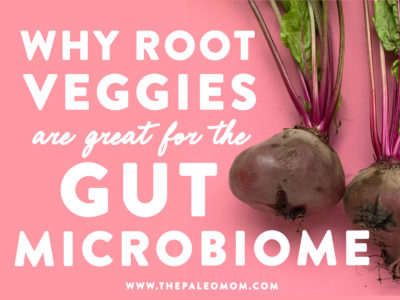
When it comes to nutrient-dense carbs, root veggies are hard to beat: foods like sweet potatoes, carrots, and cassava are not only delicious, they’re also great sources of …
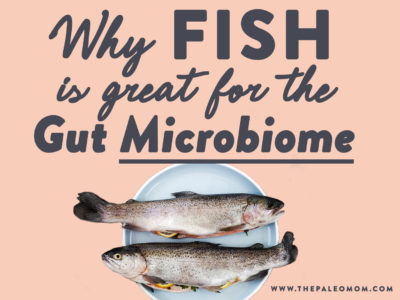
By now, fish’s status as a superfood is hard to deny! Numerous studies have confirmed that regular seafood consumption (and the omega-3 boost it delivers) can lower our risk of …
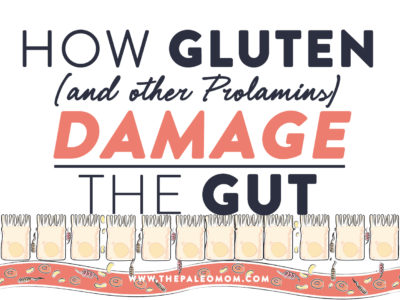
One of the core principles of a Paleo diet is avoiding foods that contain compounds called toxic lectins. The term toxic lectin originates from the fact that lectins are a class of …
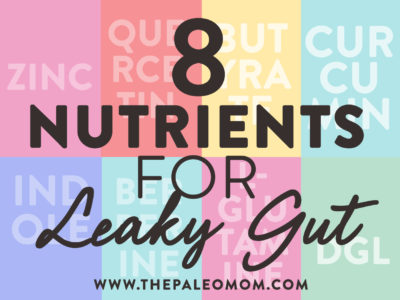
Leaky gut is gaining more and more acceptance as something that not only coexists alongside a huge number of health conditions (including autoimmune diseases, food allergies, joint …
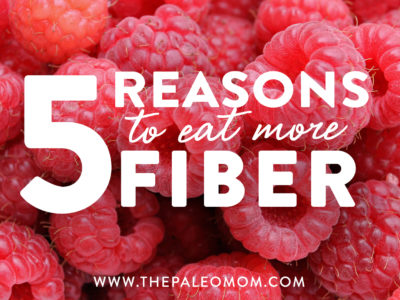
Fiber is an underappreciated nutrient. While not technically essential (meaning we won’t die without it), scientific studies confirm that high fiber intake may be one of the …
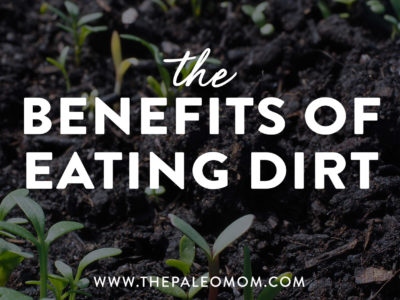
Growing up, my mom used to say, “You’ve got to eat a peck of dirt in your life.” And while this phrase is oftentimes said to mean that everyone has to endure a certain amount of …

With digestive disorders and microbiome issues making the headlines left and right, many of us are wondering just how healthy our guts are. After all, the state of our gut can …
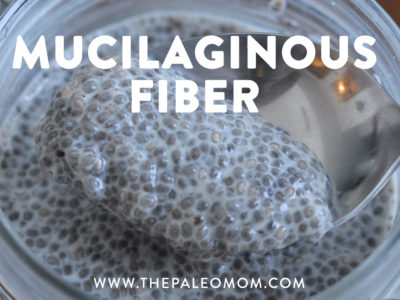
You might not know what mucilage is just by the name, but chances are, you’ve seen it in action! Chia seeds, flaxseeds, and agar agar all contain a type of vicious, soluble fiber …
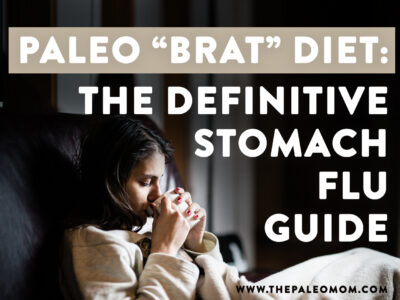
It’s finally autumn! And you know what that means: carving pumpkins, colorful leaves, kids going back to school, apple season and… the imminent threat of catching the stomach …
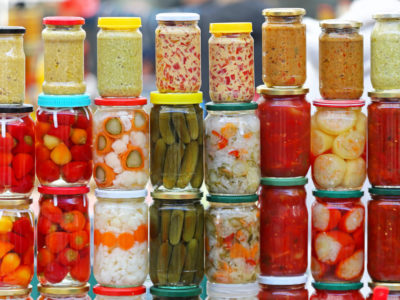
Most of us are familiar with at least a handful of fermented foods (like sauerkraut or yogurt); but the history, variety, and benefits of fermentation are much more extensive than …
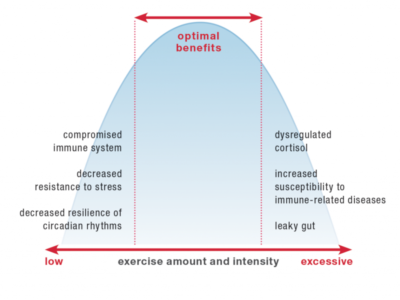
The World Health Organization lists physical inactivity as the fourth leading risk factor for global mortality. Without a doubt, being physically active is critical for our health. …

I was asked by healthline.com to comment on a new study from researchers at Lund University in Sweden that was published earlier this month in the journal PLoS ONE. The study is …

Throughout the research for my first book, I kept hitting on a recurring theme. Dietary fiber is essential for good health. But I also kept hitting on pieces of information that …

Throughout the research for my first book, I kept hitting on a recurring theme. Dietary fiber is essential for good health. But I also kept hitting on pieces of information that …

Throughout the research for my first book, I kept hitting on a recurring theme. Dietary fiber is essential for good health. But I also kept hitting on pieces of information that …

Throughout the research for my first book, I kept hitting on a recurring theme. Dietary fiber is essential for good health. But I also kept hitting on pieces of information that …

Throughout the research for my first book, I kept hitting on a recurring theme. Dietary fiber is essential for good health. Yes, I know you’ve heard that it’s important to eat …
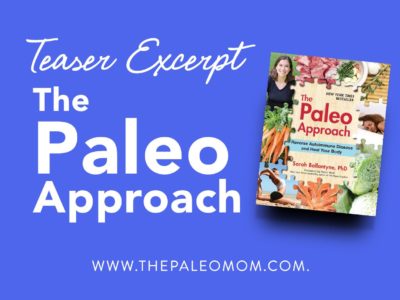
Last week I posted a teaser excerpt from The Paleo Approach about the importance of including probiotics (while the book is written from the perspective of autoimmune disease, the …

There are many topics that I am researching and writing about for the book that I’ve been meaning to write about for the blog for ages (the book just gives me a firm …
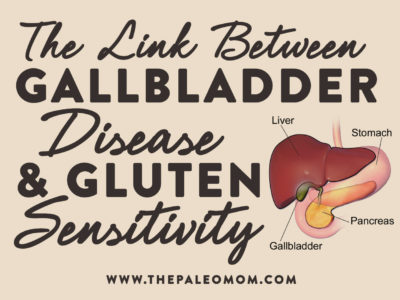
(Created as a guest post for Paleo Parents.) Celiac disease is estimated to affect approximately 1 in every 100 people, but only 5% of these people receive a positive diagnosis 1. …
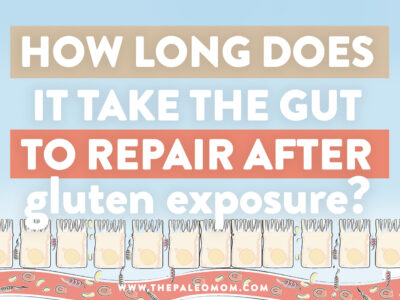
This is a very relevant question for those who are just embarking on their gluten-free journey. But, it’s also extremely important for anyone who has been following a …

(Created as a guest post for The Paleo Parents) Gut health is essential for overall health. A healthy digestive tract is efficient at absorbing nutrients from your food, …
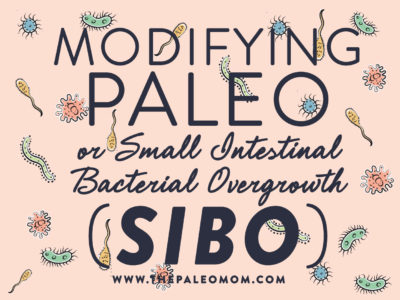
Small Intestinal Bacterial Overgrowth (or SIBO) is one of those hot topics in the alternative medical community that is often misunderstood, so I thought I would take some time to …
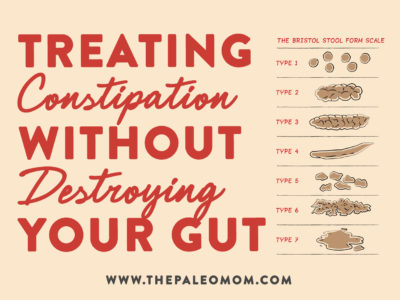
Perhaps you are wondering how on earth I am going to address this topic delicately. The answer is: I can’t. It’s an impossible task and I’m just plain old going to be frank, …

It is not an exaggeration to say that gut health is everything: the health of our guts has a profound effect on our overall health. As the connection between intestinal barrier …
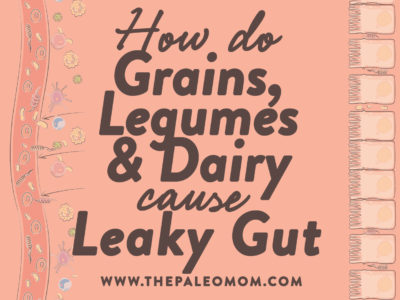
One of the fundamental principles of the Paleo diet is to support gut health. But, that doesn’t just mean eating plenty of fermented foods and fiber to feed our microbiome …
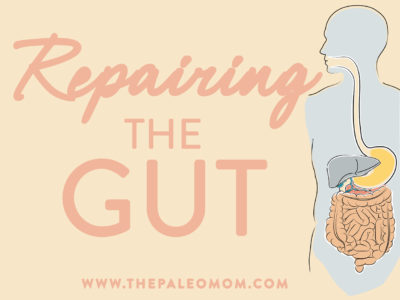
Whether you’ve recently recovered from an infection requiring antibiotics, are healing after treatment for a parasite, or are battling against anxiety and depression, repairing …

One of the challenges that I face personally with my health is something called the Gut-Brain Connection (or sometimes called the Gut-Brain Axis). Basically, brain health affects …
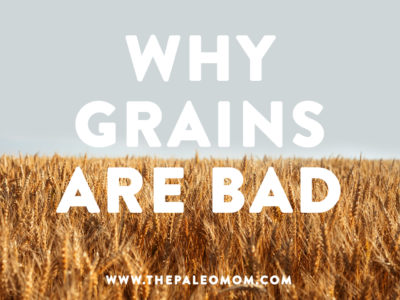
The idea that grains are harmful is one of the most fundamental tenets of the Paleo diet. But, the rationale for avoiding them is often misunderstood, and sometimes oversimplified …
